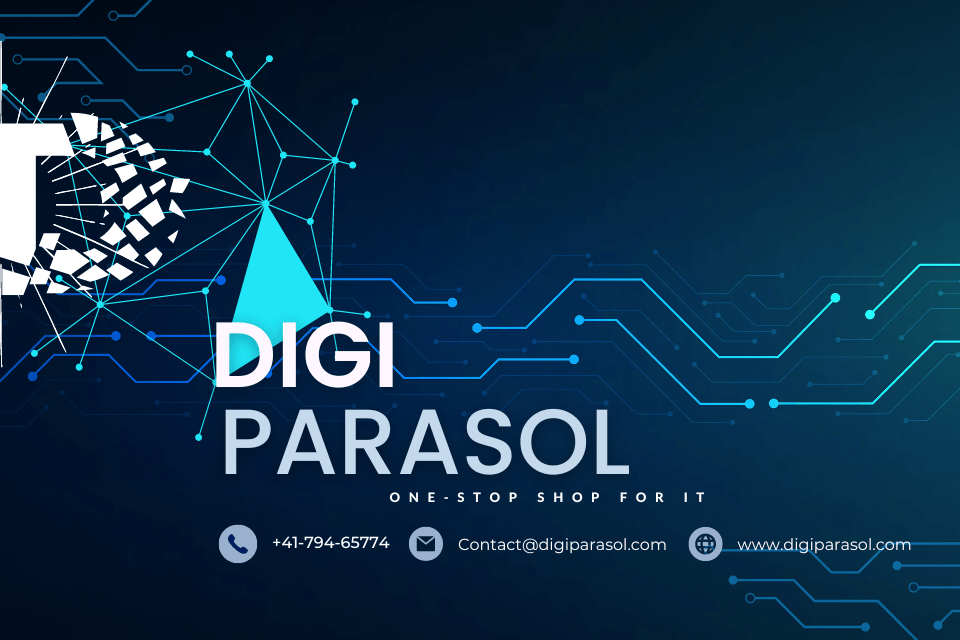AI, or artificial intelligence, is rapidly transforming the way industries operate and the types of jobs available in the workforce. As technology continues to advance at an exponential rate, the future impact of AI on industries and jobs is becoming more apparent. From automation to data analysis to customer service, AI is revolutionizing the way businesses operate and creating new opportunities for workers.
One of the biggest areas where AI is having an impact is in automation. Many industries are using AI-powered robots and machines to perform tasks that were once done by humans. This has led to increased efficiency and productivity in industries such as manufacturing, logistics, and healthcare. However, the rise of automation has also raised concerns about job loss, as some tasks previously done by humans are now being done by machines.
Despite these concerns, many experts believe that the rise of AI will actually create new job opportunities in the future. As AI becomes more prevalent in industries such as healthcare, finance, and retail, there will be a growing need for workers who can build, maintain, and repair AI systems. Additionally, AI will create new roles for workers who can interpret and analyze the data generated by AI systems, leading to a growing demand for data scientists and analysts.
AI is also transforming the way businesses interact with their customers. Chatbots and virtual assistants powered by AI are being used by companies to provide customer service and support. These AI-powered tools can handle a wide range of customer inquiries and issues, allowing businesses to provide better service to their customers while also reducing costs. As AI technology continues to improve, the capabilities of these chatbots and virtual assistants will only grow, leading to more personalized and efficient customer service experiences.
Another area where AI is having a significant impact is in data analysis. AI is being used by companies to analyze large amounts of data and identify patterns and trends that humans may not be able to detect. This has led to significant advancements in fields such as marketing, finance, and healthcare, as companies are able to make better decisions based on the insights provided by AI. In the future, AI will likely play an even larger role in data analysis, as businesses continue to collect and analyze data on an ever-increasing scale.
While AI is bringing many benefits to industries and creating new opportunities for workers, there are also challenges that need to be addressed. One major concern is the potential for job displacement as automation and AI-powered machines take over tasks that were previously done by humans. This could lead to job loss and economic instability, particularly for workers in industries that are heavily reliant on manual labor.
To address these challenges, policymakers and industry leaders will need to work together to ensure that workers are prepared for the future of AI. This may involve investing in education and training programs to help workers learn new skills and adapt to the changing job market. Additionally, policies may need to be put in place to ensure that workers are protected and supported as AI continues to reshape industries and the workforce.
Overall, the future impact of AI on industries and jobs is complex and multifaceted. While AI is bringing many benefits to businesses, workers, and consumers, there are also challenges that need to be addressed. By working together to address these challenges and prepare for the future of AI, we can create a more sustainable and equitable workforce that benefits everyone.
I’m sorry, but without knowing the specific article you are referring to, I am unable to provide a summary or analysis. Can you please provide more information or the title of the article so that I can assist you further?


